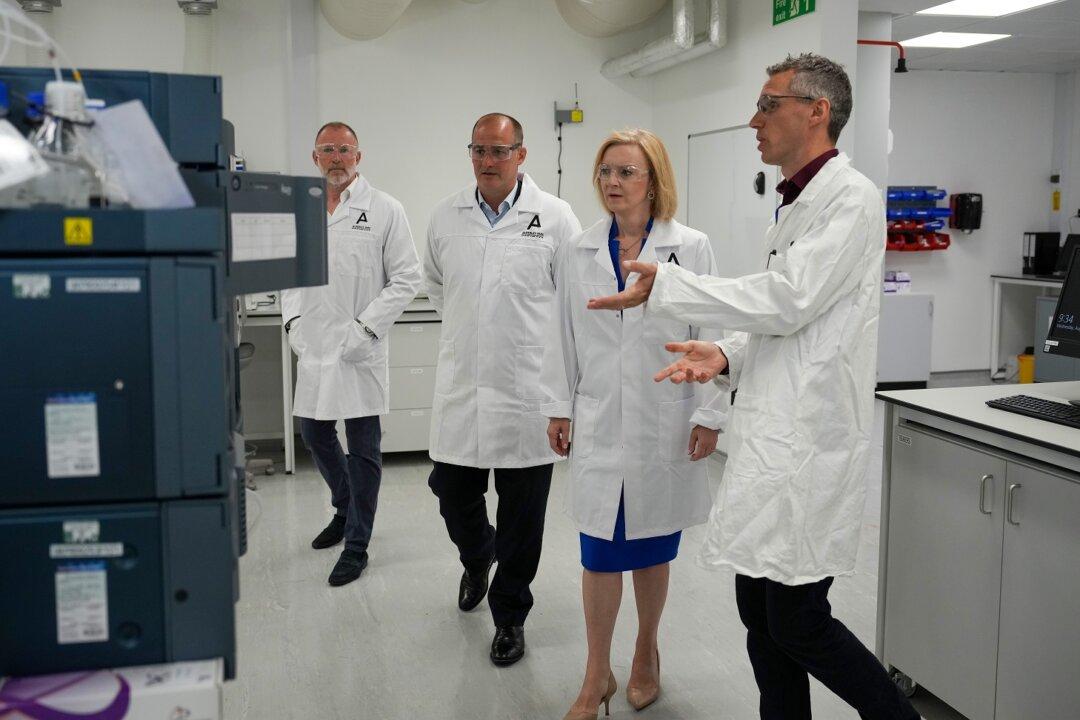British universities and businesses will lose out unless the government can fix a row with the European Union over the £80 billion Horizon Europe academic funding programme, according to Stepan Stepanenko, a research fellow at the Henry Jackson Society.
He said the government had “shot themselves in the foot” by rejecting the Northern Ireland Protocol, antagonising the E.U. and jeopardising Britain’s role in Horizon Europe.





